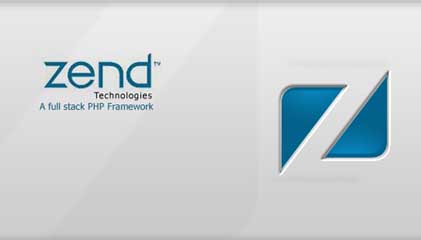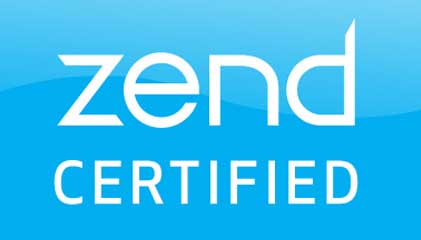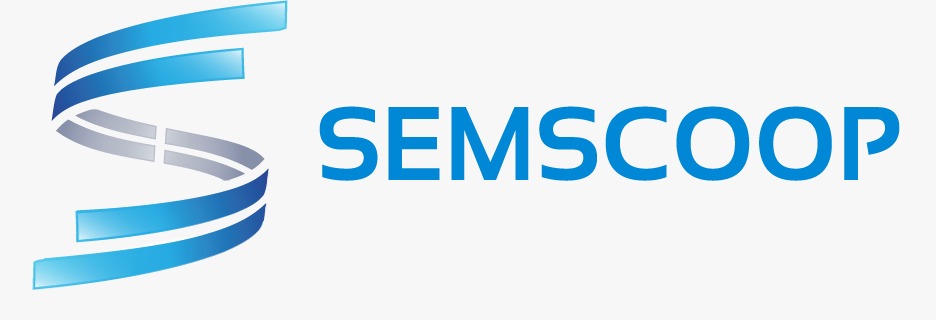Zend-Technologies
Zend Framework is a collection of professional PHP packages with more than 91 million installations. It can be used to develop web applications and services using PHP 5.6+, and provides 100% object-oriented code using a broad spectrum of language features.

Zend Framework uses Composer as a package dependency manager; PHPUnit to test all packages; and Travis CI as a Continuous Integration service. Zend Framework also follows PHP-FIG standards, and includes an implementation of PSR-7 for HTTP message interfaces (as shepherded by Matthew Weier O'Phinney, Zend Framework project lead).
Zend Framework 3 evolved from both Zend Framework 2 and 1; cumulatively, the previous versions were downloaded more than 15 million times.
The principal sponsor of Zend Framework is Zend, a Rogue Wave Company, but many others have contributed components or significant features to the framework. Companies such as Google, Microsoft, and StrikeIron have partnered with Zend to provide interfaces to web services and other technologies they wish to make available to ZF developers.
Zend Framework 3 could not deliver and support all of these features without the help of the vibrant community. Community members, including contributors, make themselves available on mailing lists, IRC channels and other forums. Whatever question you have about Zend Framework, the community is always available to address it.

Zend Framework features include:
All components are fully object-oriented PHP 5 and are E_STRICT compliant, which helps in the development of building tests and writing codes in a bug-free and crash-proof application manner.
Use-at-will architecture with loosely coupled components and minimal interdependenciesExtensible MVC implementation supporting layouts and PHP-based templates by default
Support for multiple database systems and vendors, including MariaDB, MySQL, Oracle, IBM DB2, Microsoft SQL Server, PostgreSQL, SQLite, and Informix Dynamic Server
Email composition and delivery, retrieval via mbox, Maildir, POP3 and IMAP4Flexible caching sub-system with support for many types of backends, such as memory or a file system.
With the help of RPC(Remote Procedure Call) and REST(Representational State Transfer) services, Zend Apigility helps developers to create APIs, Authentication of APIs, Documentation of APIs, Easy Modification.
Zend Framework 3.0 was released on June 28, 2016. It includes new components like a JSON RPC server, a XML to JSON converter, PSR-7 functionality, and compatibility with PHP 7. Zend Framework 3.0 runs up to 4 times faster than Zend Framework 2, and the packages have been decoupled to allow for greater reuse.















 +91-8375047612
+91-8375047612  +44 740 410 4529
+44 740 410 4529 +1 (978) 495-0388
+1 (978) 495-0388 


LIKE
like on Facebook
LIKE
Follow on Twitter
ADD
Sunray on Linkedin
Add
Sunray on pinterest